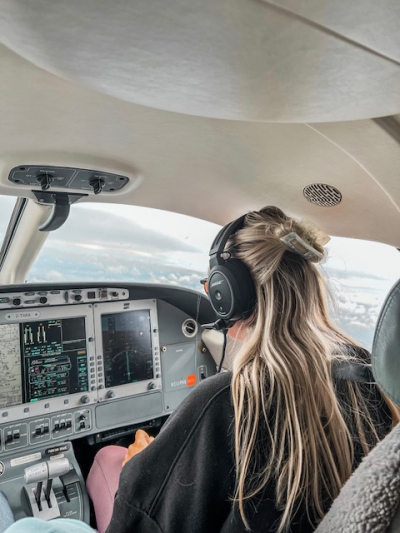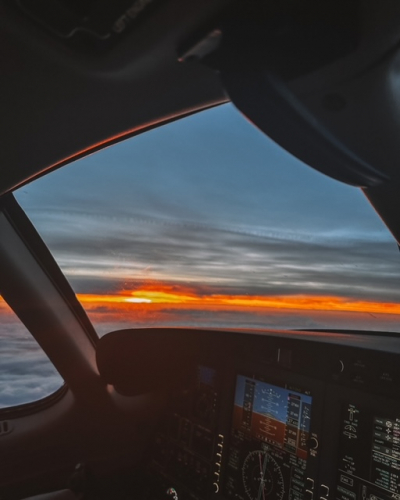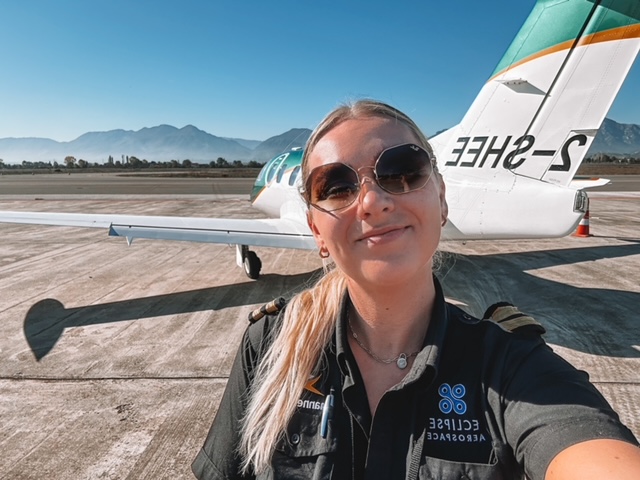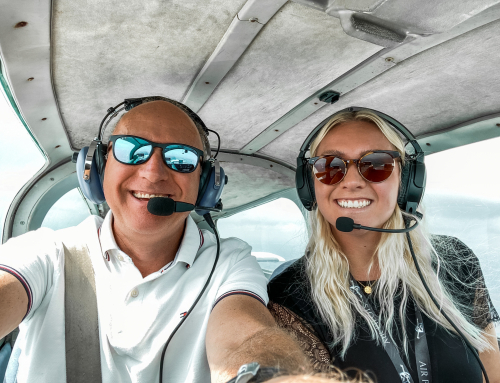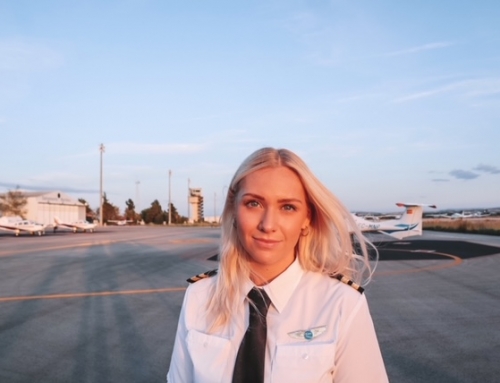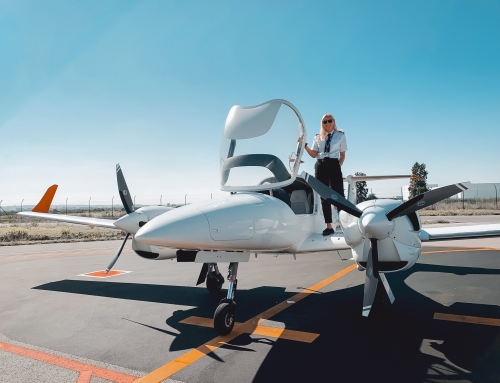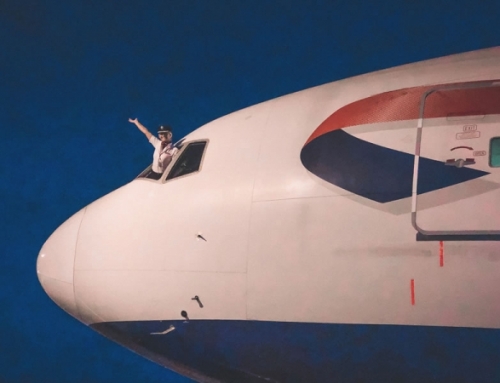The recovery of aviation is underway!
What a hectic ride it has been for the training and newly qualified pilots over the last few years. I’m pretty certain I can speak for the majority of us when I say we really didn’t expect the job losses, the tears, and the mental health strain when we first decided to embark on our courses.
It’s now early 2023 and things have improved dramatically. Even over the last few days job opportunities for both low hour and rated pilots have emerged at some of the big airlines such as British Airways, TUI and Virgin. We haven’t forgotten those feelings of despair, when there really wasn’t any light at the end of the tunnel; but If anything, the heart ache has spurred us on and I’m so pleased to see so many friends and followers and connections landing the most amazing flying jobs.
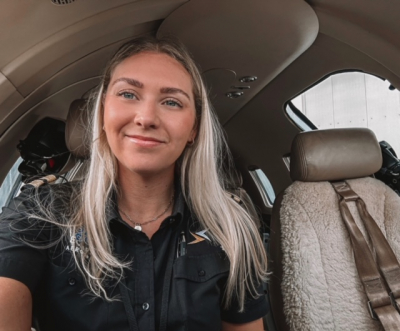
And my time has come too!
I’m overjoyed to have accepted a role as First Officer flying the cutest jet in the world; the Eclipse 500.
I’m around 6 months into flying on the line and it’s been a ride. As a pilot on a private jet things are a little different to the way that big airlines work. I am the baggage handler, I file my own flight plans, I do the safety demonstration (throwback), and I fly the plane from the left hand seat. I get to trot all over Europe in my private jet shuttling passengers from one exotic destination to the next, landing at huge international airports and small VFR airfields. Every day is unique.
It’s hard work! Early starts and late finishes, hauling oversized baggage into the mini cabin, and sneezing all flight with cats on board. It’s probably the most hands on and enlightening first flying job I could ever have imagined, and for that I am eternally grateful.
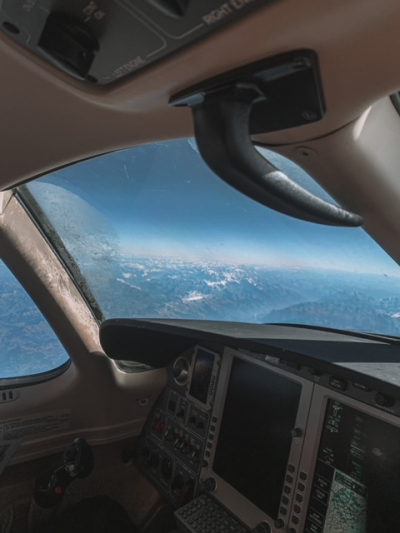
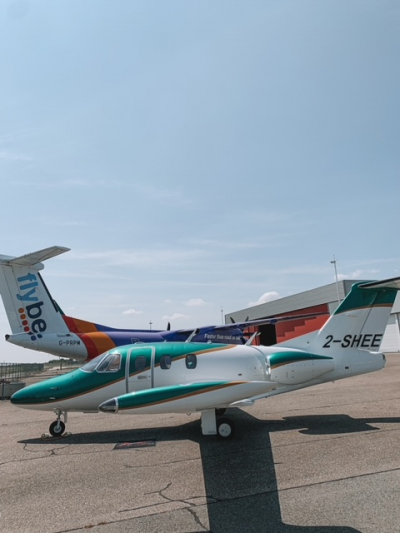
Application Process
Having worked closely with Pilotbase before, I knew it was a go-to platform for pilot jobs. I’d flick through the available positions daily, and could easily filter the results for the correct license, and hours I held. Like everyone else, I job searched day in, day out from my Operations Desk at Cranfield, and after work from my kitchen table. There were some interesting jobs to emerge quite early in the downturn of the industry! One thing we need to remember in this climate is we do not need to rush and compare ourselves to others. There were a few opportunities which emerged pretty early on in the recovery of the pandemic, but after careful thought and consideration, I honestly felt like the advertised poor pay, huge relocations and a lack of job security were not worth it for me pursue them. We have worked so damn hard to get to where we are today, and I was waiting for something that suited me, and fit in with my ideal lifestyle to come along. Thank goodness I did.
The application process itself was pretty informal, just a CV and covering email to the operations/careers team. A few days later I had an hour video interview, and 45 minutes after I was offered a job as a First Officer on a private jet. As one of my most asked questions, I thought I could dedicate a bit of time to explaining how things worked out for me and what got me here.
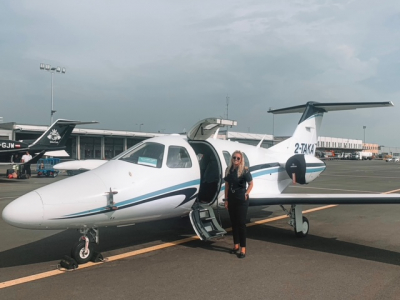
My Top Tips
1. The obvious one is have a tailored CV. I’m not an aviation recruiter but having worked in recruitment before, I firmly believe that the fact I worked as a receptionist on Sundays during Sixth Form is now completely irrelevant as a mid-twenty-something qualified pilot trying to land a flying job. I have 2 current CVs. My regular CV is full of more soft skills, education background, work experience and non-technical qualities which would be attractive to someone hiring for a marketing/administration/operational role. I would never use this to apply to airlines or jet companies, and for that reason my second CV focuses massively on my flying, a few handpicked work experiences which would benefit me as a pilot (Cabin Crew, Operations Manager), abbreviated versions of my education, and a lot of emphasis on skills a pilot recruiter may look for. You can literally Google ‘pilot skills’ to see which may be deemed the most important, and then incorporate these into your CV.
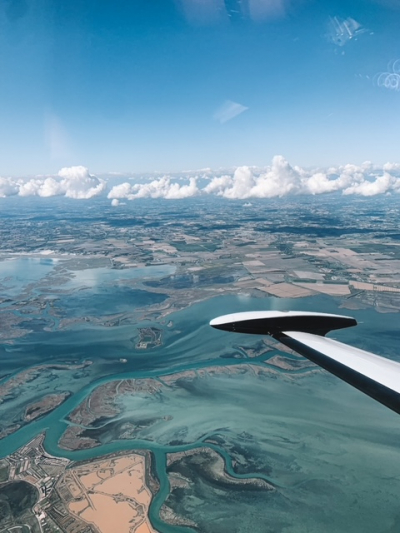
2. Covering letters are important, but don’t waste your time crafting a new one for every application. Spend a solid few hours writing an editable framework. I’d always start with mine with an expression of interest, followed by a small history of my flying (ratings, hours, flight school etc), and my motivation for becoming a pilot. Next section would be a small career so far overview, including how certain skills gained in those roles have prepared me for the flight deck. And finally closing with a few remarks on my personality, and showing my interest in other opportunities should I not be a fit for a current one. This basic shell can then be edited depending on the job I am applying for. I try to mention the company in each paragraph, and of course tailor showing off my skillset to suit the role. With this pre-written structure and only small edits to make, you have a personalised cover letter for any application in 3 minutes flat. It worked for me.
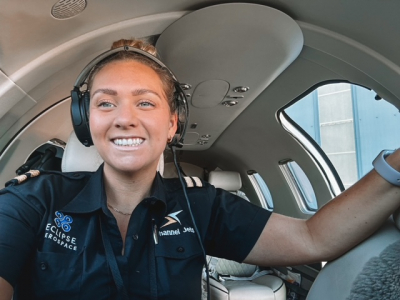
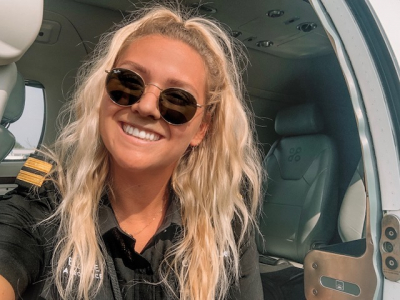
3. Getting your email/application seen is literally half the battle. My company like many other business orientated commercial operations, is pretty small. A perfectly timed application is key. I 100% believe that my application email fell into the top of the inbox at the correct time. So if you applied via email a while ago, there’s nothing stopping you sending another. Some don’t even keep a formal record of applicants or file away CVs, so popping an updated one across could give you the lucky break you need.

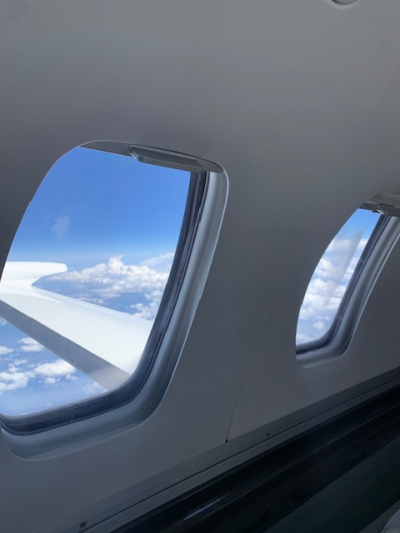
4. Keep positive. I’ve definitely been down in the dumps about everything from time to time since finishing flight school. But as things at the top start to open up, there’ll be movement throughout the industry. With low cost jet and turboprop pilots moving to the bigger airlines and long haul, openings in the smaller airlines, private companies and VFR/club flying will also open up. It’s such a 180 as the majority of us on the first job hunt now all started training during a pilot shortage. Someone once publicly commented on my life choices saying ‘poor girl, will probably never fly a jet’. Looking at myself now, I could genuinely burst with pride sometimes. Persistence, keeping my hand in the industry, staying current, and making good choices has led me to flying a biz jet – and I’m so, so grateful.
